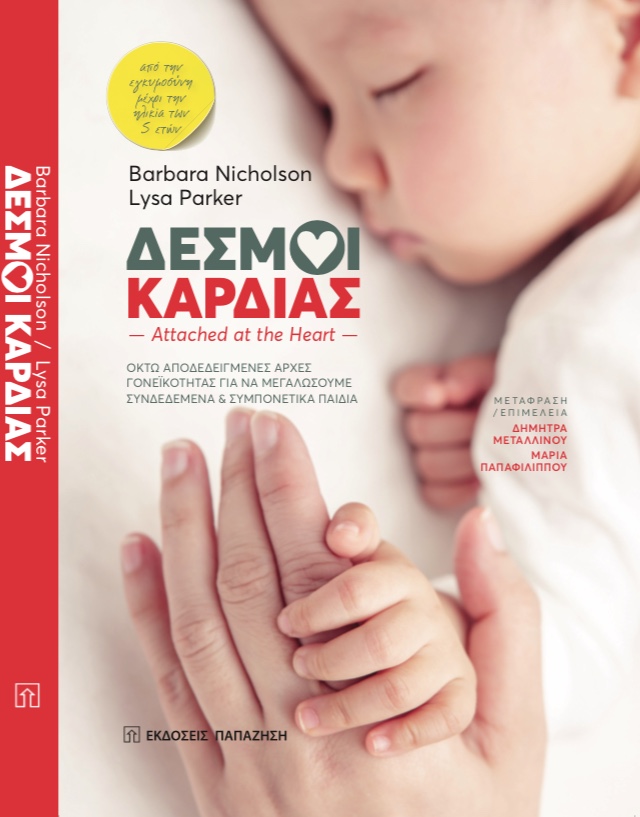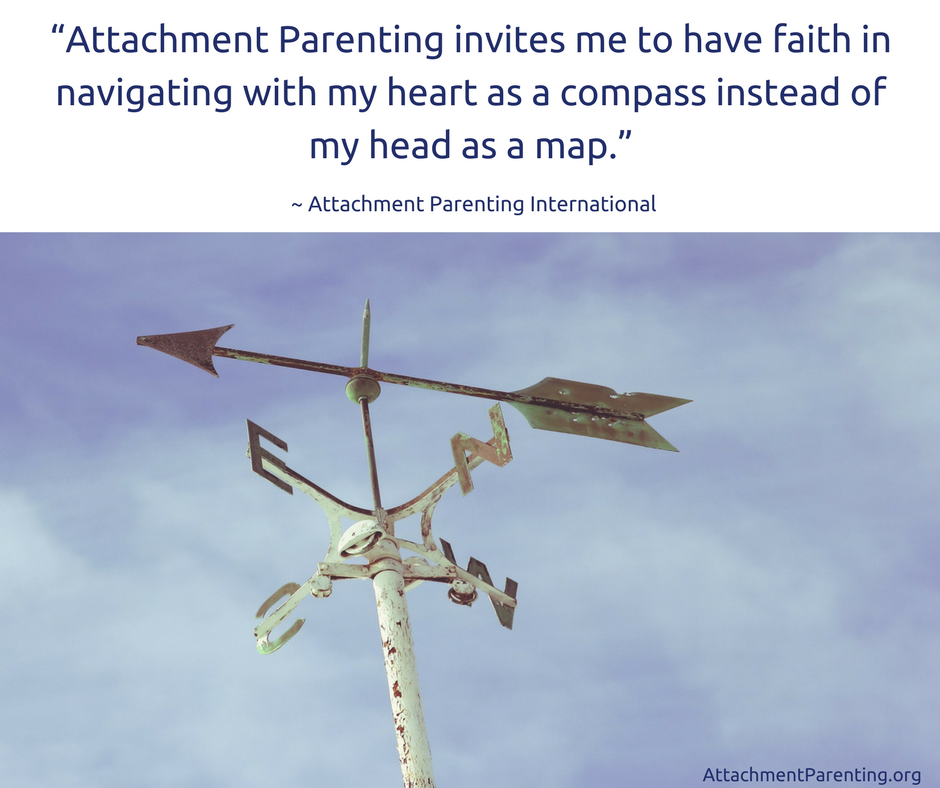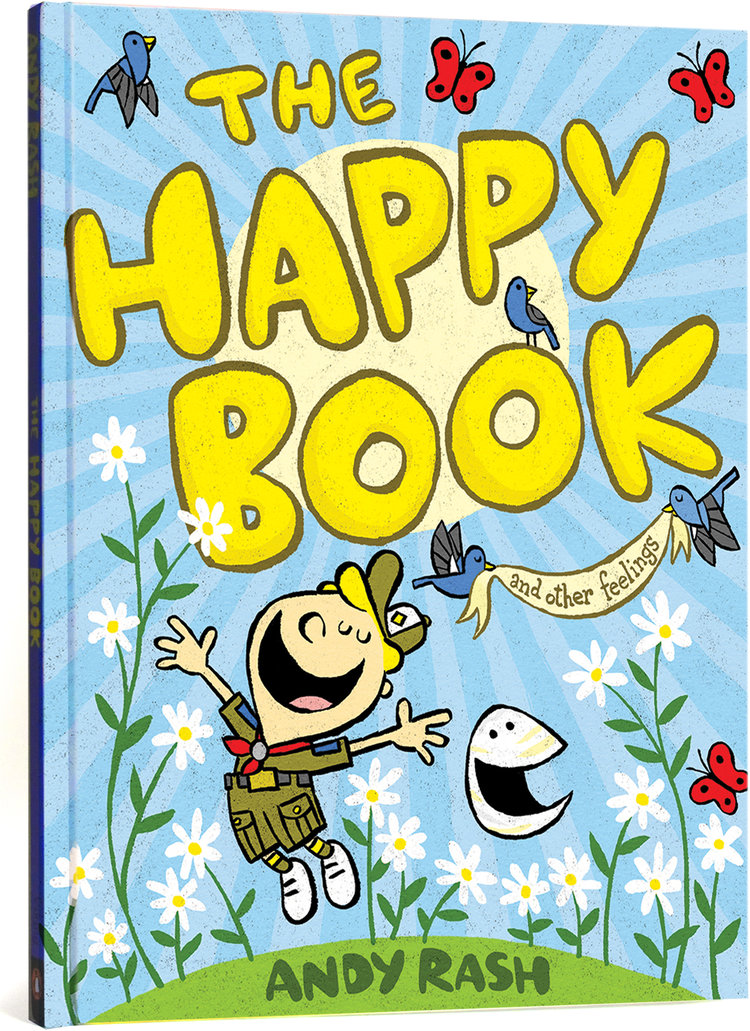Monthly Links
API Links is a monthly e-newsletter to help keep parents, professionals, and others abreast of the latest news and research in Attachment Parenting and updates of API programs.
Anyone can receive API Links! Click here to subscribe.
Prepare for Pregnancy, Birth, and Parenting
|
March 3, 2019
Volume 1 is focussed on the communication and development of relationships with babies and children aged between 0-5 years (but many are relatable at all ages). The first five years are the foundation of life and effect us for the rest of our lives.
|
|
March 2, 2019
API Cofounders, Barbara Nicholson and Lysa Parker, will be returning to Toronto, Canada, in 2019 to lead a three-day Attached at the Heart Parenting Educator Training. This training will prepare professionals to become Certified Attached at the Heart Parenting Educators. Early-bird registration deadline is March 19 (Note that application must be submitted and approved in advance, along with registration and payment, to meet this deadline.) |
|
March 2, 2019
We are thrilled to announce that API is partnering with La Leche League of KY/TN for the Rock the World: Breastfeeding and Parenting Conference in Nashville, November 2, 2019! We hope you can join us! Read to learn more, and please take our quick survey as well as stay in touch about updates. Thank you! |
|
March 2, 2019
|
|
March 2, 2019
Check out the Evolved Nest with Darcia Narvaez podcast. Dr. Narvaez's long list of credentials and work includes her role as an API Board Member. |
|
March 2, 2019
"The premature babies participating in Lahav’s study were born not too long—between 25 and 32 weeks of gestation—after the start of the auditory cortex’s development, so hearing and language capabilities had likely been affected. |
|
March 1, 2019
Editor's Pick
|
Provide Consistent and Loving Care
|
March 3, 2019
Art’tachment, an app for parents, "is designed to enable you to better meet your child’s need for connectedness and stimulation." It includes activities to do together and scientific insights to better understand your child. The app will help you pause and be present with your child. |
|
March 2, 2019
"The ACE study has demonstrated how impactful adverse childhood experiences are on an individual; impacting mental, emotional and social growth as well as negatively affecting physical health. In recent years professionals have turned their focus to the prevention of ACEs and one thing stands out. We must address the intergenerational transmission of these adverse experiences. But how do we do that?" ~Victoria LeBlanc, Attached at the Heart Parenting Educator Coordinator |
|
March 2, 2019
From the Center on the Developing Child at Harvard University Dr. Jack Shonkoff "testified about both the trauma that such a forcible separation can cause, as well as the long-term effects of toxic stress that continue to compound until separated children and their parents or caregivers are reunited." |
|
March 2, 2019
“We are not the survival of the fittest, we are the survival of the nurtured.” - Louis Cozolino Nurture comes from the French word to feed or nourish. |
Strive for Balance in Personal and Family Life
|
March 3, 2019
"These kids live with what philosopher Pascal Bruckner calls “tension without intention.” They’re constantly stressed, and they’re growing aware that there’s no payoff for it all." |
|
March 2, 2019
"My something extra was starting something nine months ago at the Aspen Institute called Weave: The Social Fabric Project. The first core idea was that social isolation is the problem underlying a lot of our other problems. The second idea was that this problem is being solved by people around the country, at the local level, who are building community and weaving the social fabric. How can we learn from their example and nationalize their effect?" |
|
March 2, 2019
"In the course of my interviews, I discovered that American working mothers generally blame themselves for how hard their lives are. They take personal responsibility for problems that European mothers recognize as having external causes. The lesson here isn’t for overwhelmed American parents to look longingly across the Atlantic; it’s to emulate the Swedes, Germans and Italians by harboring the reasonable expectation that the state will help." |
|
March 2, 2019
"Many people don't make New Years Resolutions, because they find themselves making the same resolutions every year. But that doesn't mean you're a failure. It means you're headed in the right direction, and you aren't perfect yet. (Shocking, I know!)" |
Respond with Sensitivity
|
March 3, 2019
"Children do not need toxic stress. Ever. The full onslaught of toxic stress stimulates the production of cortisol and adrenaline, which in turn is good in short doses to motivate the body into flight, freeze or fight mode, but bad for the body when it is produced in large ongoing doses. The constant production of these hormones can damage developing brain architecture in children and may produce lifelong consequences later in life in the form of eventual physical and emotional health problems and propensity to addictions. |
|
March 2, 2019
Editor's Pick
|
|
March 2, 2019
Editor's Pick"According to Damour, the most powerful force for good in a teenager’s life is a “caring, working relationship with at least one loving adult.” Within that context, adults can offer teenagers empathy, grounded perspective and a vote of confidence as they work through challenges -- helping them aim for courage, not avoidance. |
|
March 2, 2019
"A new study from Washington University in St. Louis suggests that adults who have a hard time finding their sense of purpose in life possibly had more conflict with their mothers in their early elementary school years. |
|
March 2, 2019
"It often seems like society gives us two options: we either raise them to be tough and ‘take no prisoners’ or to constantly ‘turn the other cheek’ and let them become the bullied of every situation. |
|
March 2, 2019
"And current research suggests that the attachments formed in the first two years of life have a profound effect on how we behave in a diverse range of human relationships, from love, to work, to politics. Lovenheim has built his case on the importance of parental attachment through years of research and conversations with developmental scientists." "And to do that we generally need to get close enough, often enough to our infants and young children to learn how to correctly read their signals. This gets into the core practices of what’s called attachment parenting." |
|
March 2, 2019
From Dr. Sears: "Self-esteem is your child’s passport to a lifetime of mental health and social happiness. It’s the foundation of a child’s well-being and the key to success as an adult. At all ages, how you feel about yourself affects how you act. Think about a time when you were feeling really good about yourself. You probably found it much easier to get along with others and feel good about them. Try these tips and advice to help raise a confident child." |
|
March 2, 2019
|
|
March 1, 2019
Editor's Pick"Harsh said in her practice she sees a number of adult patients who still struggle with the fact that a parent never said “I love you” to them as a child. Some are able to realize that even if a parent didn’t say it, he or she showed it by attending every event of their childhood. But make it easy, Harsh said, and provide consistent care and concern for your child. As your child grows up, they’ll reap the benefits. “A securely attached child has a far better likelihood of having a secure relationship in adulthood as well,’’ she said." ~ Marjie Ducey for @Momaha Magazine |
Use Nurturing Touch
|
March 2, 2019
Vimala McClure brought the age-old practice of infant massage to the West in her groundbreaking first book, "Infant Massage, a Handbook for Loving Parents." After several years in the 1970s of teaching parents and instructors the art of infant massage, Vimala taught dedicated training instructors, and the International Association of Infant Massage (IAIM) was born. Read more about the power of infant massage at her blog, and API's Principle of Nurturing Touch at www.AttachmentParenting.org/Principles/Touch |
|
March 2, 2019
Editor's Pick"...affectionate touch has long lasting health effects: (1) Prevents excessive stress (2) Prevents hippocampal dysfunction (control of anxiety) (3) Establishes and maintains social bonding." "Why is physical affection, or positive touch, so important? Touch has significant effects on a growing brain and body. Here are a few examples." |
|
March 1, 2019
"This need was so compelling," said John Rogers, a Northwestern University bioengineer who led the sensors' development. "Without the wires, it's much easier for the parents, mothers in particular, to interact and hold their babies." So many benefits to this technology, especially facilitating the API Principle of Nurturing Touch (http://www.attachmentparenting.org/principles/touch) |
Practice Positive Discipline
|
March 2, 2019
API is proud to be a member of the U.S. Alliance to End the Hitting of Children! API's Principles of Parenting advocate responding with sensitivity and positive discipline, visit www.attachmentparenting.org/principles/introduction to learn more. |
Other
|
March 2, 2019
"There is increasing awareness in the general public of the negative risks of spanking. Research shows a 93% agreement that spanking is harmful. Spanking is consistently linked to increased behavioral problems, increased aggression and defiance, and lower moral internalization. It is also linked to an increased risk of mental illness in adolescence, drug and alcohol abuse, and a greater likelihood of domestic violence into adulthood. |
|
March 2, 2019
"Attached parenting is not about walking on eggshells so as not to upset your kid, but rather it’s about standing confident in the truth that you are your child’s best bet, the one who knows what they need and how to take care of them, and you do so with a quiet strength and assured gentleness." ~Rebecca Eanes |
- ‹ previous
- 15 of 66
- next ›

 Happy Valentine's Day from Attachment Parenting International! We're glad we're "Attached at the Heart"!
Happy Valentine's Day from Attachment Parenting International! We're glad we're "Attached at the Heart"! Attached at the Heart by Barbara Nicholson and Lysa Parker is now in Greek! The book is out in major bookstores in Athens, Greece (Papazisis, Ianos, Politeia, Protoporia, Epilexi, Naftilos, Patakis, Evrypidis, Public). It can be ordered from Attachment Parenting Hellas online, cost 22 euros, (
Attached at the Heart by Barbara Nicholson and Lysa Parker is now in Greek! The book is out in major bookstores in Athens, Greece (Papazisis, Ianos, Politeia, Protoporia, Epilexi, Naftilos, Patakis, Evrypidis, Public). It can be ordered from Attachment Parenting Hellas online, cost 22 euros, (






